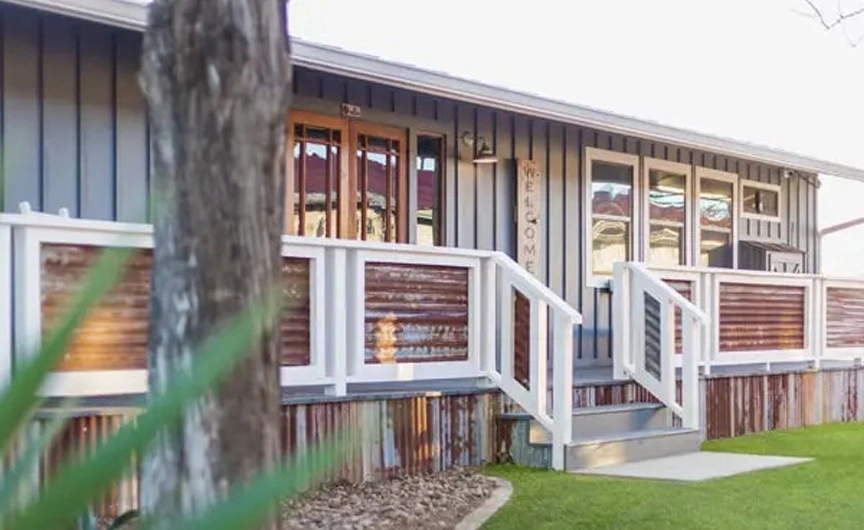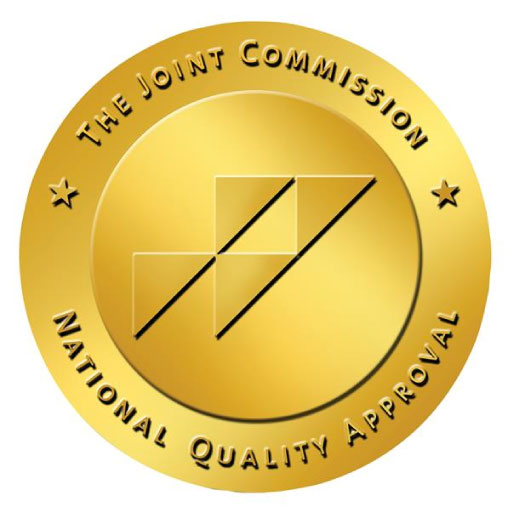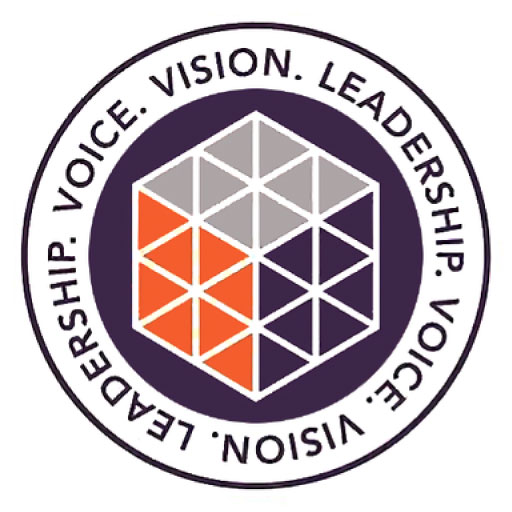Guided meditation is one way people can experience peace in rehab and recovery. Many people use meditation to cultivate inner peace, awareness, and to quiet their busy minds. It is an effective way to decompress from the daily stress and struggle of life. However, for people in recovery from addiction, it has another goal in mind. That goal is to help people in recovery feel more connected to themselves, in their body, and able to lean more into their treatment than without meditation.
We help people with addictions and substance use disorders recover. Get mindfulness training and learn the 12 Steps for deeper healing.
What is Guided Meditation About
People turn to meditation for all kinds of reasons in recovery. In rehab, it may be a way to clear the mind, experience positive feelings, and work towards healing. Guided meditation is a specific form of meditation that requires an instructor or someone to guide the journey. People often experience guided meditation with imagery, affirmations, or some type of storytelling focused on helping the individual walk through experience. The goal is to provide an imagined scene to explore. Take, perhaps, a place of peace like the beach. From there, they allow that person in the experience with them to draw from within to provide the rest of the imagery so they don’t plant ideas in their minds. This allows them to shift focus and create a positive experience in a safe space, even though it is imagined.
Basics of Guided Meditation
Even though each session is different, the instructor provides what going to be the pathway during the meditative journey. When using guided meditation to unwind after a stressful day, the narrator may invite you to imagine walking a beach or be part of another sensory journey and that can help tap into a place of peace and calm. It depends on the person but there are general guidelines that can help make a guided meditation experience work:
- Listen to an instructor to help guide the series of calming visualizations. Listen to an audio session, hear audio sounds that are soothing, and incorporate a variety of ways to increase peace and calm
- Let the mind relax and the body release stress
- Continue to guide your mind through the meditative journey with the help of the facilitator until they help you end the session
Once a person feels relaxed, their subconscious mind often is open to receiving more positive energy. An instructor will use this chance to shift the focus onto aspects of life that they want to see a shift or improve. This is a good time to look at specific goals, explore ideas of balance, empowerment, and personal enrichment, and address other issues in recovery.
Why it Works
Guided meditation in rehab is a practice that people use because it is a natural tool that anyone can experience outside of rehab. It is a great way to incorporate mindfulness into the journey. Like other methods, guided meditation is utilized in drug and alcohol addiction for many years. Research is demonstrating the power of using these in conjunction with traditional therapies to help heal a person’s life in recovery. Meditation helps people gain a better understanding of personal triggers and allows them to develop positive relapse prevention plans.
Additional Benefits
Most guided meditations are not necessarily one-on-one with an instructor. They typically happen in a group setting. There may be tapes and audio files. Many people in recovery opt for doing them at home because the stress reduction techniques work better when not around a lot of other people. Some other benefits of guided meditations for rehab health include:
- Improving self-confidence
- Improving self-control
- Reducing fear and anxiety
- Embracing healthy behavior and thought patterns
- Fewer mood swings or depressive episodes
- Improved immune system
- Fewer headaches
- The natural release of dopamine and ‘feel-good’ hormones
Most people are able to manage their stress better and cope with recovery when they are doing meditative practices. In traditional therapy, there is a lot of talking, but it helps to be present and listen to what the body is trying to say. It is a huge benefit to explore the deeper, inner world of silence and quiet that most people with addiction struggle to find. Those with mental health issues may also experience a lot of ‘internal noise’ or even hear voices. For those people, along with medication and therapy, meditation and mindfulness can provide hope in the midst of the challenges they face every day. When doing a guided meditation, it helps to think of it as one more tool on the path to discovering more about oneself on the journey. Every day is an adventure to discover more about how to handle everything better and seek experiences that support overall growth and healing. These are great tools to take with into aftercare once rehab is finished and life begins again in recovery.






